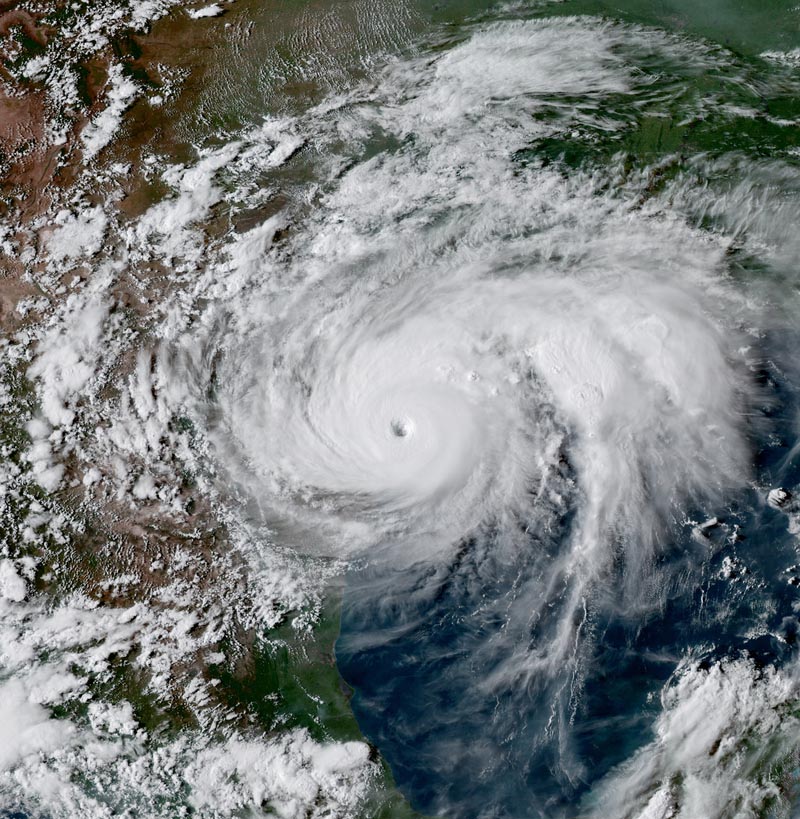On December 16, 2016, the Treasury Department announced that the new annual due date for filing Reports of Foreign Bank and Financial Accounts (FBAR) for foreign financial accounts has been changed to April 15 to coincide with the Federal income tax filing season. In order to implement the statute with minimal burden to the public and FinCEN, filers failing to meet the FBAR annual due date of April 15 may take advantage of an automatic extension to October 15 each year. Accordingly, specific requests for this extension are not required.
The new April 15th FBAR filing deadline applies to all types of taxpayers, not just individuals. Thus, corporate taxpayers that file on March 15th will also have an April 15th deadline for filing their FBAR forms and can similarly utilize the automatic six-month extension provision.
Any U.S. taxpayer (including both individuals and entities) with a financial interest in, or signature or other authority over, foreign bank accounts that exceed $10,000 in the aggregate any time during the year are required to file the FBAR form annually disclosing information regarding such accounts to the Internal Revenue Service.
Changing the FBAR filing deadline to April 15th, to align with the Form 1040 income tax return deadline, is a positive and much-needed development. Taxpayers, and return preparers, will now be able to focus on income tax and FBAR reporting at the same time and, more importantly, will be able to seek a six-month extension of the FBAR deadline if necessary. Given the difficulties that taxpayers often experience in obtaining account records from offshore financial institutions, the ability to seek an extension is a positive development.






